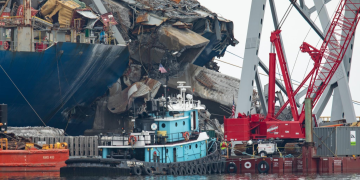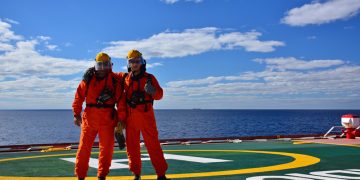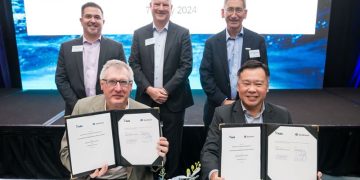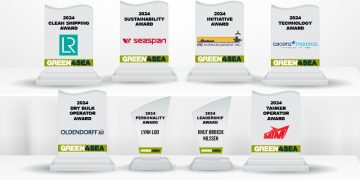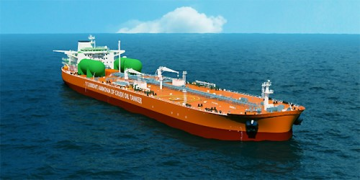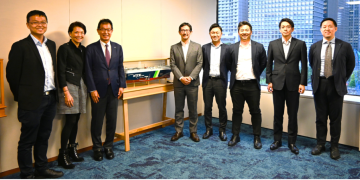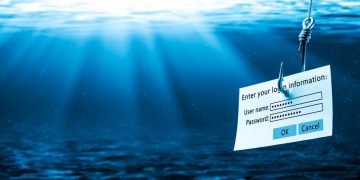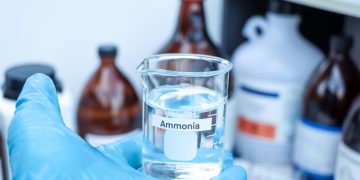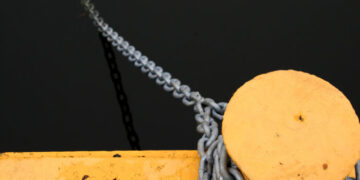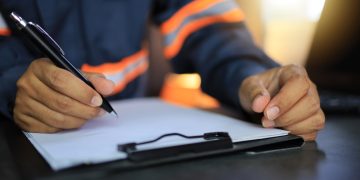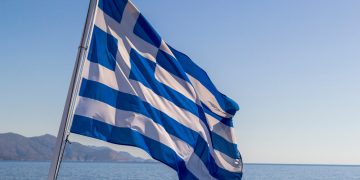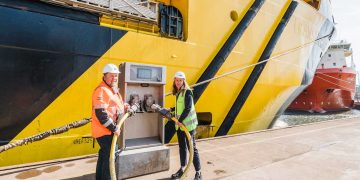LR offers new online courses to support compliance with marine coatings standards and safety
Good marine coatings are vital for the maintenance of safe and efficient hull structures Programme will develop appropriate, qualified, expertise in a cost effective and convenient mannerGood marine coatings are vital for the maintenance of safe and efficient hull structures and surfaces.The International Maritime Organisation (IMO) and the International Association of Classification Societies (IACS) require compliance with coatings standards. Inspections under the IMO's Performance Standards for Protective Coatings (PSPC) and IACS' UI SC223 must be carried out by qualified coatings inspectors certified to National Association of Corrosion Engineers (NACE) Coating Inspector Level 2, The Norwegian Professional Council for Education and Certification of Inspectors for Surface Treatment (FROSIO) Inspector Level III or equivalents.To help meet demand for qualified inspectors, Lloyd's Register has developed a new series of online, marine coatings training courses. Coatings and Corrosion Control with the use of Protective Coatings, is an internationally accredited series of coatings-inspection courses."Students will be able to earn either certificates or diplomas, depending on the level they study, in coatings and corrosion control. The qualification achieved by taking the course on Performance Standards for Protective Coatings is equivalent to the NACE and FROSIO qualifications required by IMO and IACS," said Andrew Williamson, Lloyd's Register's ...
Read more




